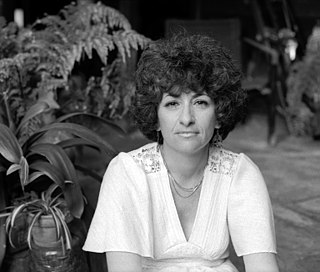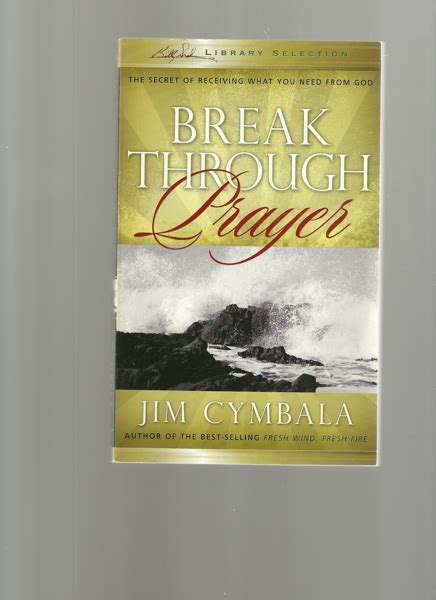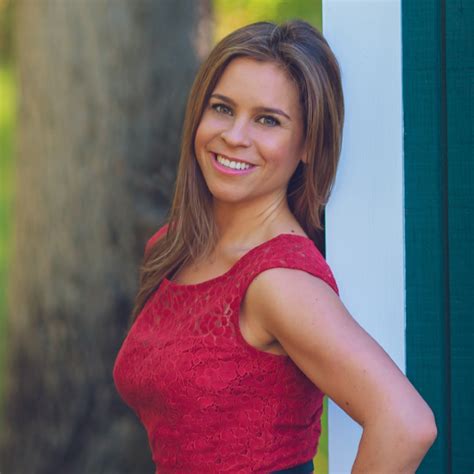A Quote by Paulo Coelho
...it was dangerous to overflow because we might end up finding ourselves occupied by our loved ones and drowning them with our love and enthusiasm.
Related Quotes
Acceptance. We want someone to look at us, and really see us—our physical flaws, our personality quirks, our insecurities. And we want them to be okay with every square inch of who we are. We’re always afraid we might be too needy or too much work. We put all these limitations on ourselves and our relationships because we’re afraid that we’re not really loved. That we’re not really accepted. We hide little pieces of ourselves because we think that might be the one thing that finally drives away the person who’s supposed to love us.
All rituals are paradoxical and dangerous enterprises, the traditional and improvised, the sacred and the secular. Paradoxical because rituals are conspicuously artificial and theatrical, yet designed to suggest the inevitability and absolute truth of their messages. Dangerous because when we are not convinced by a ritual we may become aware of ourselves as having made them up, thence on the paralyzing realization that we have made up all our truths; our ceremonies, our most precious conceptions and convictions - all are mere inventions.
Demons frighten us because we set ourselves up to be frightened. We are overly attached to our reputations and possessions. When we love and desire what we should be rejecting, we are in conflict with our true selves. That's when the negative energies catch us and use our weapons against us. Instead of taking up what we have to defend ourselves, we put our swords in the hands of our enemies and make them attack us.
Our greatest fear is that we will lose the love in our life... that we will be abandoned, left alone, bereaved, misunderstood, deprived, hated and rejected....but we can never be OUT OF LOVE. We are love and if our minds separate ourselves from who we really are it is a painful delusion. Ego personalities, including our own, might separate ourselves from love but love never dies because it is what we are made of.
The truth is that we won’t receive the support we need until we ask for it. Just because we can do it all doesn’t mean we should. And when we don’t speak up about our needs, we’re asking our loved ones to read our minds—and then we resent them when they fail our test. By not being open and honest about the support we need, we’re selling ourselves short and setting our relationships up for failure.
But how can we love someone if we don't like him? Easy-we do it to ourselves all the time. We don't always have tender, comfortable feelings about ourselves; sometimes we feel foolish, stupid, asinine, or wicked. But we always love ourselves: we always seek our own good. Indeed, we feel dislike toward ourselves, we berate ourselves, precisely because we love ourselves; because we care about our good, we are impatient with our bad.
Our higher needs include making full use of our gifts, finding and fulfilling our calling, being loved and cherished just for ourselves, and being in relationships that honor all of these. Such needs are fulfilled in an atmosphere of the five A’s by which love is shown: attention, acceptance, appreciation, affection, and allowing.
It is possible to move through the drama of our lives without believing so earnestly in the character that we play. That we take ourselves so seriously, that we are so absurdly important in our own minds, is a problem for us. We feel justified in being annoyed with everything. We feel justified in denigrating ourselves or in feeling that we are more clever than other people. Self-importance hurts us, limiting us to the narrow world of our likes and dislikes. We end up bored to death with ourselves and our world. We end up never satisfied.
We are children, perhaps, at the very moment when we know that it is as children that God loves us - not because we have deserved his love and not in spite of our undeserving; not because we try and not because we recognize the futility of our trying; but simply because he has chosen to love us. We are children because he is our father; and all of our efforts, fruitful and fruitless, to do good, to speak truth, to understand, are the efforts of children who, for all their precocity, are children still in that before we loved him, he loved us, as children, through Jesus Christ our lord.
God’s love sets us free from the need to seek approval. Knowing that we are loved by God, accepted by God, approved by God, and that we are new creations in Christ empowers us to reject self-rejection and embrace a healthy self-love. Being secure in God’s love for us, our love for Him, and our love for ourselves, prepares us to fulfill the second greatest commandment: To love our neighbor as ourselves.






































